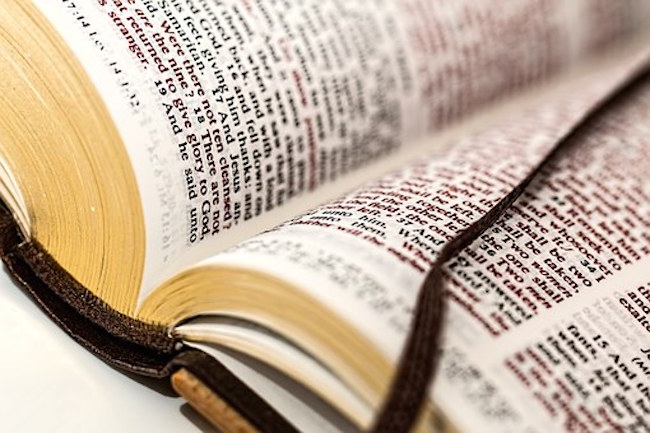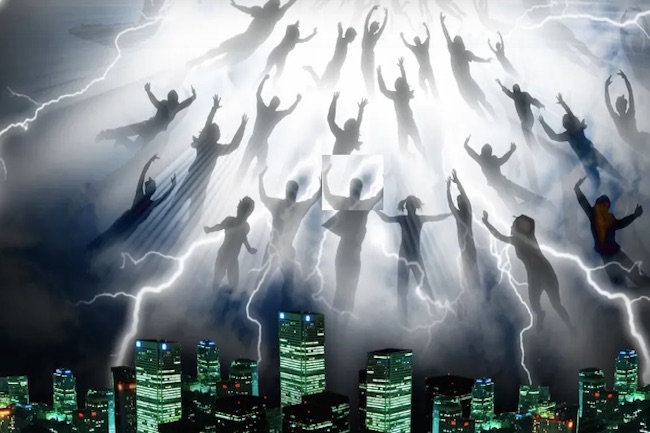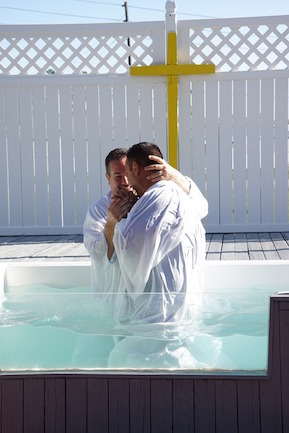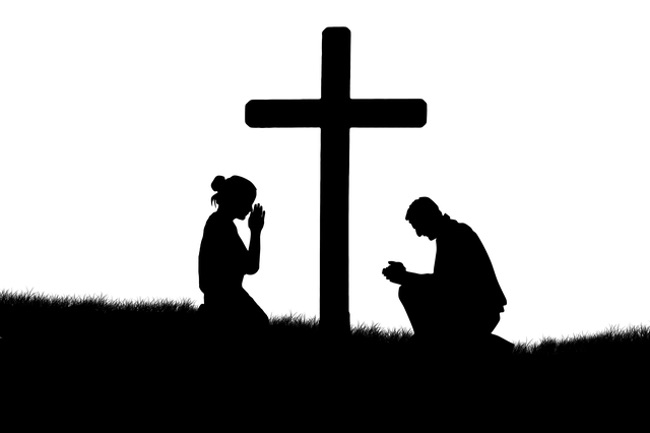Black History Can’t Be Told Without the Bible By Nicole Martin for Church Leaders
Black Americans are leading the charge when it comes to religious practice in America. According to Pew Research, nearly 8 in 10 African Americans (79% percent) identify as Christian — more than any other ethnicity.
It is worth noting that this legacy of faith was forged under slavery and in the years of oppression that ensued, even as their oppressors attempted to keep slaves from engaging with God’s Word.
The Slave Bible, for example, widely distributed to reinforce slavery, omitted significant passages about freedom. Many Christian organizations in the 1800s were ambivalent at best about encouraging enslaved Blacks to read the Bible and in some cases even refused to distribute it to slaves.
Support Our Site

Now is your chance to support Gospel News Network.
We love helping others and believe that’s one of the reasons we are chosen as Ambassadors of the Kingdom, to serve God’s children. We look to the Greatest Commandment as our Powering force.
Yet despite these challenges Black Americans persisted in faith and hewed closely to the Bible as a means of survival. It has been a source of healing, hope and refuge from danger. Its stories were passed on through songs and sermons so that they infiltrated their common language, even among those who could not read. During the Civil War, freed slaves joined the Union Army and found jobs or places to settle in the North, and found new freedom to read the full Bible and express their faith in powerful ways.
Demand for the Bible became so strong that on May 20, 1864, Capt. Charles B. Wilder, superintendent at Fort Monroe, the largest of the camps for former slaves, asked the American Bible Society to provide 1,000 Bibles and 2,000 New Testaments for the refugees. Earlier in the war, ABS had faced criticism for failing to require its Southern affiliates to distribute Bibles to freed slaves. In this case, however, it responded to Wilder’s request by providing 18,424 volumes of Scriptures to the freed slaves at Fort Monroe.




